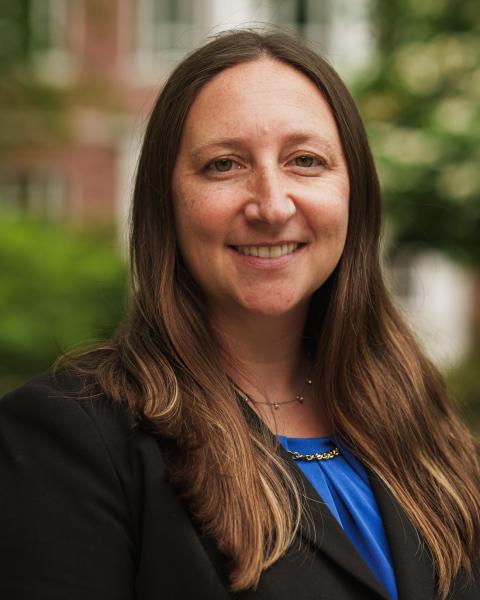As an organization that serves the public, Extension is committed to providing educational outreach to people in need, when they need it and in a form they can use. We help Granite Staters make informed decisions to improve their lives – whether that’s growing food, starting a business, managing forests or improving a family’s health.
But just being open to all people is not enough – we must find ways to identify and reach underserved communities to ensure that those who experience systemic inequity have equal opportunities and feel welcome in our organization and at our programs.
Recognizing this need, Extension staff members launched a cultural proficiency task force in 2017, which led to the creation of a standing committee that has offered ongoing internal workshops, discussion groups, webinars and a statewide conference. The committee is also reviewing and modifying Extension’s policies and procedures to align with cultural proficiency best practices.
In education, cultural proficiency is the level of knowledge-based skills and understanding that are required to successfully teach and interact with learners and to work effectively with colleagues from a variety of cultures by holding all forms of cultural difference in high esteem. This requires continual self-assessment of one’s values, beliefs and biases.
As Extension staff members have embarked on these learning opportunities, a group led by Julia Peterson (of N.H. Sea Grant) and Megan Glenn (of the STEM Docent program) have pursued a parallel opportunity for Extension volunteers called In This Together: Learning about justice, equity, diversity, inclusion and accessibility.
Volunteers from all of Extension’s 15 volunteer programs are welcome to apply for this learning program, which consists of self-directed study, interactive presentations and online discussions. The first two cohorts in 2021 and 2022 were capped at 30 people each to maintain a tight-knit community and, so far, 11 Extension volunteer programs have been represented, along with nine counties.
Discussions on topics like implicit bias, structural bias and social identity are paired with information about the changing demographics of New Hampshire. Guest speakers from across several UNH departments offer up their expertise. For example, Crystal Skahan of UNH’s Northeast Passage spoke about inclusion, abilities and disabilities. Northeast Passage is a nonprofit that empowers people living with disabling conditions, both visible and invisible, through the purposeful use of sports and recreation.
By learning how identifiers like race, gender, sexuality, class, ability and age can affect a person’s experience, Extension volunteers and employees can modify programs and policies to create change. That work is underway and will continue to be an important focus to ensure that Extension’s mission is upheld.
As one In This Together participant wrote while reflecting on the cultural proficiency learning sessions, “I can make adjustments in my behavior and delivery of the program to be more inclusive, so people feel comfortable and are willing to engage and learn.”


